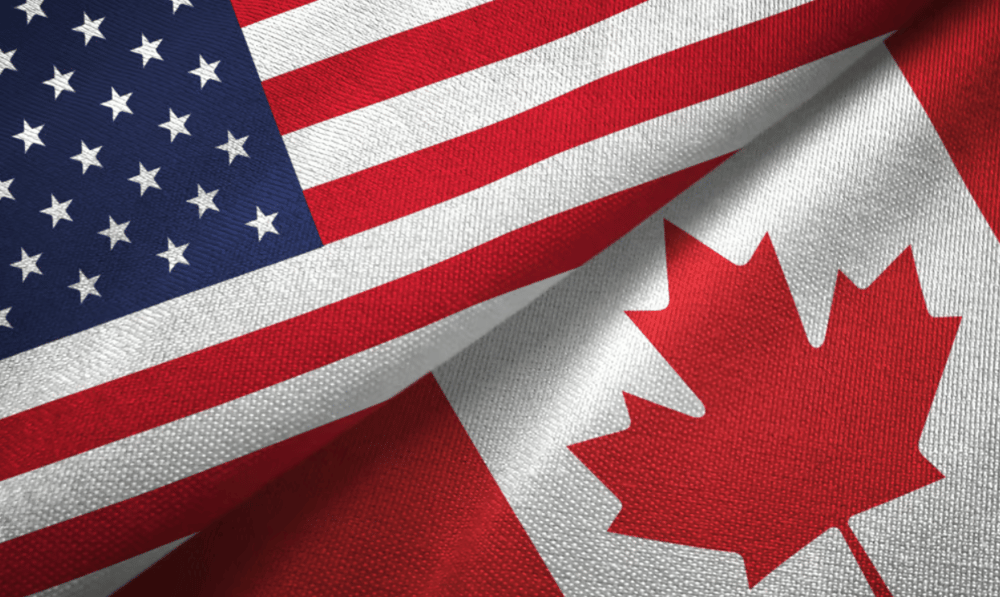The veteran economist sounded a positive note on Canada's growth prospects despite the tariff turmoil

Canadian Imperial Bank of Commerce (CIBC) deputy chief economist Benjamin Tal expects the country to navigate current trade tensions with the US, predicting a framework agreement by December despite mounting economic pressures.
Tal told The Globe and Mail that Canada faces near-zero GDP growth in the second quarter, with conditions unlikely to improve significantly in the third quarter. The country remains in a per capita recession and may enter a technical recession.
“We are basically growing at 0% at this point, which was not a big surprise given the vulnerability of the Canadian economy to trade and the fog of uncertainty coming from President Trump,” Tal said.
The economist maintained his forecasts of 1.5% real GDP growth for 2025 and 1.6% for 2026, though he emphasized these represent averages with stronger performance expected in late 2026.
Tariff impact manageable
Tal believes Canada can handle the current tariff environment, noting the weighted average effective tariff rate with the US has risen from 2% before Trump to 5% to 7% currently. While some sectors like steel, dairy, and lumber face higher rates, he considers this manageable.
“Can the Canadian economy deal with 5% to 7%? Absolutely, especially if there is government support and that’s exactly what will happen, I believe,” he said.
Regarding the July 9 deadline when the pause on “Liberation Day” tariffs expires, Tal expects more extensions by sector rather than blanket implementation.
China’s growing resistance
The economist highlighted China’s strengthened position since Trump’s first term, noting the country has reduced its reliance on the US while developing retaliation tools. China’s exports to the US represent only 2.5% of its GDP, similar to US exports to Canada and Mexico.
“China supplies about 80% to 90% of global refining capacity” for rare earth minerals and “about 90% of antibiotic API (active pharmaceutical ingredient) supply comes from China,” Tal noted, emphasizing China’s leverage.
Interest rate cuts expected
With unemployment reaching 7% and expected to peak at 7.1% in the third quarter, Tal maintains his forecast for the Bank of Canada’s overnight rate to fall to 2.5% or 2.25% by year-end—another 25 to 50 basis points in cuts.
The economist attributed recent inflation increases primarily to food prices and shifting consumer behaviour rather than strong demand, suggesting the Bank of Canada should focus on rising unemployment.
Housing market divide
Tal described a “tale of two markets” in housing, with detached homes in equilibrium but condos in major cities facing significant softening. He expects Toronto and Vancouver condo prices to fall another 10% as investors exit the market.
Despite current challenges, Tal summarized his outlook as “short-term pain, long-term gain,” believing Canada will emerge stronger from the uncertainty.
What are your thoughts on Canada’s economic outlook? Share your insights below.



